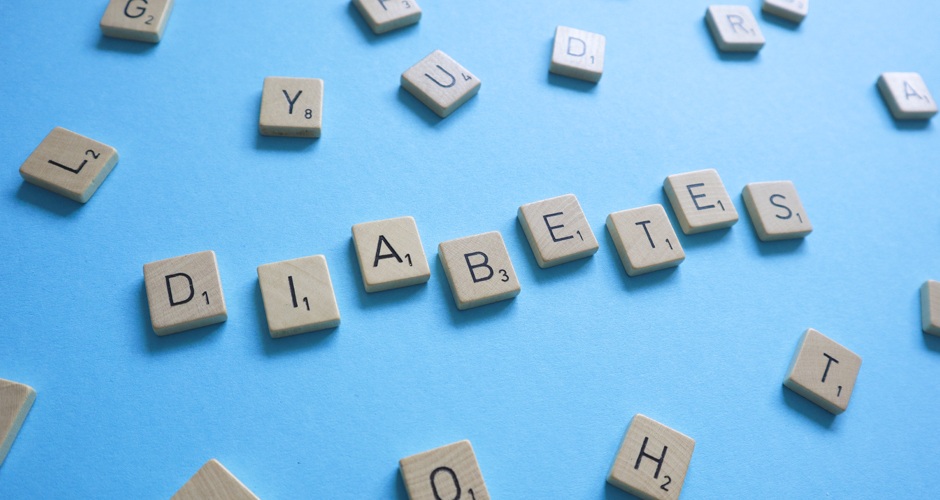Being a ‘good diabetic’, striving for ‘optimal blood glucose management, being called ‘non-compliant’ or ‘poorly controlled’ by HCP’s. Just some words and sentences you might’ve heard as a person living with diabetes. All in a day’s work if you’re the manager to your own islets of Langerhans. But should that be?
In 2018, the NHS published an extensive document all about changing language related to diabetes care. It’s intended to remind HCP’s and those working in diabetes about the impact words can have. Together with several individuals living with diabetes, as well as relevant stakeholders, a focus group worked on this matter. As the document states, ‘it is up to the person concerned as to how they would like to be addressed, supported and understood. But, as healthcare professionals, we need to be aware of the need to give them that choice, not make it for them.’
#LanguageMatters
Around 2015, the online diabetes community made me more aware on how I carry my diabetes with me. By reaching out to others, and talking to several people from all over the world (Renza Scibilia in particular), I became aware of diabetes related vocabulary. Like how important it is to not look at your blood glucose values as ‘good’ or ‘bad’ values but rather see them as values that reflect a certain action that has to be taken. Is it smart to change my basal? Should I be going for a little walk? Was it smart to bolus a bit more for that specific meal? What am I doing 2 hours from now?
When someone always tells you your BG values are ‘good’ or ‘bad’ it makes you feel as if they are grades. And your BG value should not feel like a grade where you are solely responsible for the outcome. I’m pretty sure you’re doing everything you can. And even if your BG hasn’t been ‘in range’ 5 times in a row, that’s not something you did on purpose. It should not make you feel like you received a bad ‘grade’. So try not to look at your BG as a ‘grade’ that you value the same way you do with grades in school. Rather look at your BG as an informative point in time that gives you guidance in what your next step(s) should be. (Do note that past performance is no guarantee for the future ?).
I’m not a diabetic
The online community also taught me not to call myself a ‘diabetic’ anymore. I might have diabetes, but I am Sebastiaan. A person. A person with diabetes, yes, but I am not my disease. And that’s what makes me proud in saying that at Kaleido HQ, from the moment someone is hired, we do our best to address the fact that language matters. From my position in Customer Care to CEO, we call Kaleidoers our customers. We very consciously don’t call them patients. A hospital has patients. We’re not their doctors or nurses, we’re Sebastiaan and Nici from Customer Care. And we’re here to help you if, unhoped-for, something happens to your Kaleido.
In fact, the dictionary states that a patient is ‘a person who is receiving medical treatment, especially in a hospital’. Now I get that someone who rings our Kaleido Care line uses a medical device that we provide them with. But that does not make you a ‘patient’ to us.
So whether you’re a DSN prescribing Kaleido, a loved one who sees diabetes from up close, or a Kaleidoer: language matters! The aforementioned examples are some of my many own experiences. With 15 years of living with type 1 diabetes, I can think of many more. However, for now, I encourage you to read through the ‘Language matters!’ document mentioned at the beginning of this blog. This is full of examples, information, references, and even proposed ways of saying certain things. Because if we still refer to a type of diabetes as ‘the bad kind’ we’ll never be able to focus on what’s good. And focusing on what’s good seems to be the best thing in the end, so we’re better off doing that!
Want to read more in-depth information about language regarding diabetes? An interesting study from 2017 is to be found here. And you should definitely check out Renza’s blog.
About Sebastiaan

Sebastiaan is 24 years old and has had type 1 diabetes since he was 10. After successfully completing his Bachelor’s degree in Nutrition and Dietetics he wanted to use his own experience with diabetes to help others. This got him into the position of Support Specialist over at Kaleido. He’s a coffee snob, cat dad, foodie, collects traditional tattoos and likes lifting weights in his home gym.

